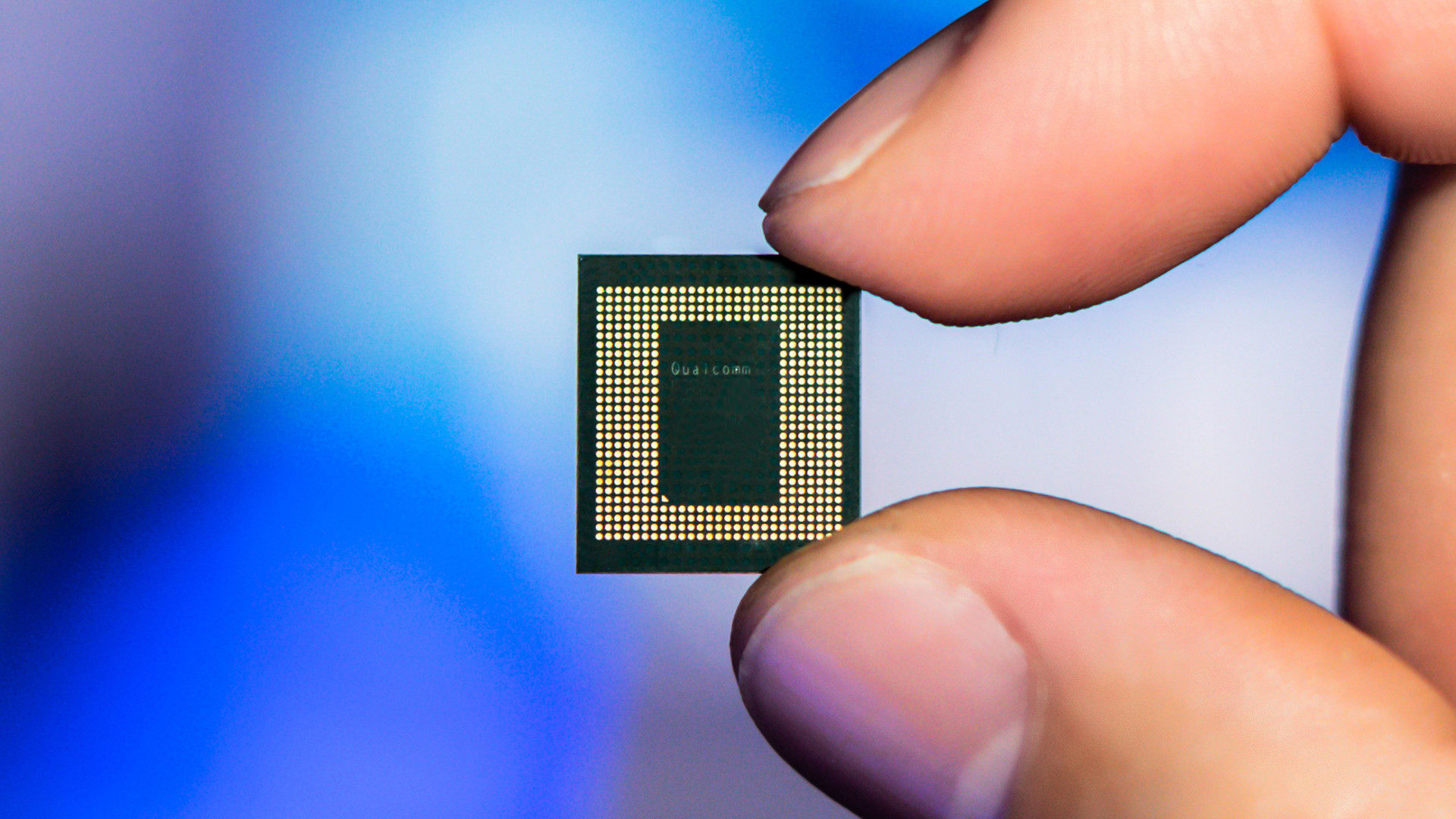Affiliate links on Android Authority may earn us a commission. Learn more.
Qualcomm's Arm-based competitor to the Apple M1 has a launch window now
Published onNovember 16, 2021

- The Windows M1 competitor Qualcomm has been promising now has a launch window.
- The Arm-based PC chipset will hit early access in about nine months.
- However, it won’t actually hit a consumer product until 2023.
In 2020, Apple took the tech world by storm with the debut of its first Arm-based in-house chipset known as the M1. Since then, Apple has pushed M1 chips to more of its laptops, including the most recent MacBook Pros. The low-power consumption and high-powered processing of the chips make them pretty much unrivaled on the market.
Fellow chip-maker Qualcomm isn’t about to watch Apple steamroll over the competition. The company made a strategic purchase of a company called Nuvia earlier this year, with the intention of creating a Windows M1 competitor. Now, Qualcomm is feeling confident enough to give a launch window for this as-yet-unnamed chip.
According to Dr. James Thompson, Qualcomm’s chief technology officer, the M1 competitor could land in nine months (via The Verge). This early launch would be for hardware customers to test out. The goal would then be for the first consumer products with the Windows M1 competitor chip to land in 2023.
Of course, by that point, Apple would likely have launched more M1-based systems. It likely would also have released new iterations of the chip (M2, maybe), giving the company a multi-generation lead over Qualcomm.
Qualcomm doesn’t seem too deterred by this, though. Thompson stated that the company’s intention is to be the leader when it comes to performance and battery life. Time will tell if the company can actually meet that lofty goal, especially with Apple’s lead so strong at the moment.
There’s also the question of apps. Will Windows users be ready to deal with emulating x86 apps on their new PCs with a Windows M1 competitor chip? Will companies reformat or even rewrite their apps to run natively on Arm systems? There are a lot of questions surrounding the future.